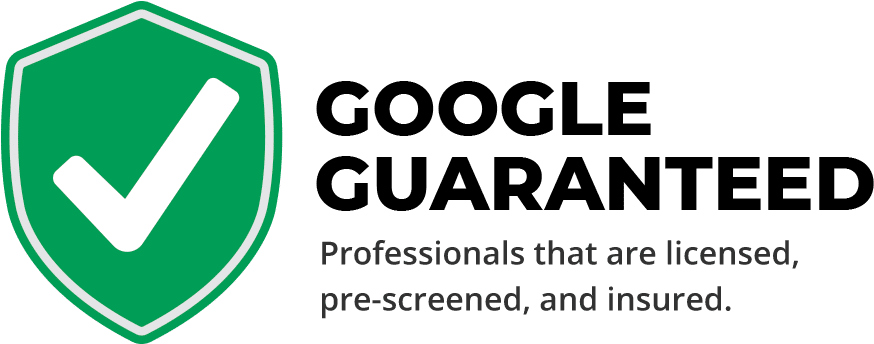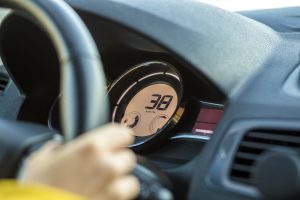Table of Contents
Toggle[vc_row][vc_column width=”1/1″][vc_column_text]
Rear-End Collision
- If you can move, check to see if anyone involved in the accident was injured.
- Call 911 for emergency medical care if necessary. Otherwise, call the local police department to report the accident.
- Exchange contact, license, and insurance information with the involved parties.
- Take photos and videos of the damages and injuries. You may use this as evidence later on.
Depending on your vehicle’s condition and your health, you might also need to call a tow truck service and seek medical care for non-emergency injuries.
If you start to realize that the at-fault party or parties caused you several damages in the accident, you might want to consider calling a Fort Lauderdale personal injury law firm to see what your legal options might be. A car accident lawyer may be able to help you receive compensation for damages related to your injuries through a personal injury claim or lawsuit.
Driver, Vehicle, and Environmental Factors Can Cause Rear-End Accidents
The National Highway Traffic Safety Administration (NHTSA) divides causal factors for all crash types into four categories:
- Driver errors: An error that the driver made caused the accident, such as being distracted or intoxicated while driving or not looking for other traffic while merging.
- Vehicle defects: A defect in the vehicle model or a vehicle part caused the accident, such as faulty brakes or transmission failures.
- Environmental factors: Poor weather or road conditions led to the accident, such as slippery roads from rain or objects in the road.
- Unknown factors: The cause of the accident remains unknown, which might occur in hit-and-run accidents or accidents that result in fatalities for both parties.
Determining the cause of a rear-end accident is important because it can help you and your legal team understand who is at fault for the rear-end accident and whether negligence or recklessness played a role in the accident.
Your accident might have been caused by negligence or recklessness if the driver:
- Was distracted and did not break in time to avoid hitting you
- Did not gauge how much stopping distance they needed for the speed they were driving at or the road conditions they were driving on
- Was under the influence of drugs or alcohol
- Was speeding or driving aggressively
- Was driving a vehicle that was poorly maintained or had a recall put out on it
While in many cases, the front vehicle driver is usually the injured party in rear-end accidents, this is not always true.
Rear Vehicle Drivers Are Not Always at Fault for Rear-End Collisions
If you or your loved one was the rear vehicle driver in a rear-end accident, you might still have a case to fight for compensation if you can prove that you were not at fault for the collision. The front vehicle driver might try to pin the accident on you based on the assumption that the driver who got hit is the innocent party.
There are instances when a front vehicle driver may be considered negligent in a rear-end collision, such as:
- They suddenly stopped because they were distracted and noticed a traffic signal change or road hazard too late.
- They did not signal or check for other traffic when merging into another lane or making a turn.
- They were under the influence and weaving between lanes while driving.
- They purposefully came to a sudden stop, knowing you would hit them.
- There was a defect in their vehicle that forced them to break suddenly.
You and your legal team may be able to investigate the cause of the accident and determine who might be liable for damages. You may be able to build an argument that the other driver breached their responsibility to drive safely on the road and that their negligence caused your damages.
Do Not Let the Other Driver Reduce Your Compensation
You might also want to get a car accident lawyer in Fort Lauderdale to help you frame your argument if the other driver claims you were partially at fault. According to Florida Statutes § 768.81, your compensation may get reduced if you are found partially at fault for an accident, but you may still recover damages.
Your lawyer may be able to gather enough evidence that supports your claims about the accident, which might help you recover your damages. In personal injury cases, you may be able to recover the following damages:
- Costs for medical treatment, including medications, support devices, and rehabilitative treatment
- Costs for repairing or replacing your vehicle and other damaged property
- Rental vehicle fees or costs for alternative modes of transportation
- Pain and suffering
- Past and future income
- Loss of financial support if your injuries prevent you from working or working at your regular capacity
- Loss of being able to perform daily activities, such as cleaning or cooking, which now require you to hire third-party services
If you intend to file a personal injury lawsuit, you must do so within four years of the accident, per Florida Statutes § 95.11. If you do not file your case on time, you might not be able to pursue compensation from the at-fault party and may have to pay for your damages out of pocket.
Law Offices of Wolf & Pravato Can Help You After a Rear-End Accident
If you or a loved one got into a rear-end accident, call the Law Offices of Wolf & Pravato to work on your case. We offer free case evaluations, which means you can speak with our team members about your case and tell us about the damages you experienced after being injured in a rear-end collision. A team member may also answer any legal questions you have about your case.
Now is the time to start building your case. Call our law firm today at (954) 633-8270 to start working with a car accident lawyer in Fort Lauderdale.
We help the victim of a car accident in the following cities also:
- Car accident lawyers in Fort Myers
- Car accident lawyer in Boynton Beach
- West Palm Beach car accident lawyer
- Miami car accident lawyer
[/vc_column_text][/vc_column][/vc_row]




















